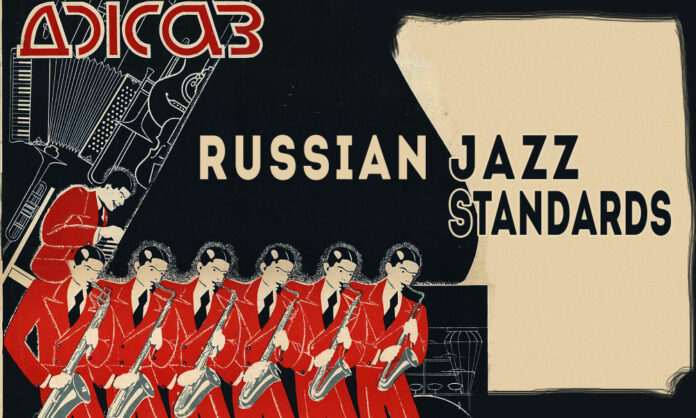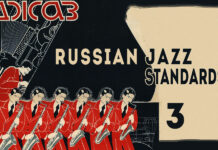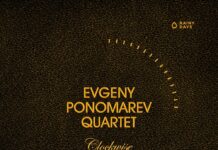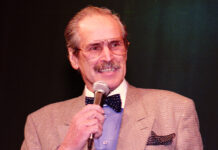Cyril Moshkow,
Jazz.Ru Magazine editor
This humble research was ignited by a simple question from a curious European jazz specialist: if we want to perform the Russian material in jazz, do we have to stick with Tchaikovsky, Rachmaninoff, and Mussorgsky —or Russian jazz musicians have their own corpus of standards they draw from?
In brief: both. Many Russian musicians created impressive jazz compositions based on the material from the great trove of Russian classical music, the works by not just the three composers mentioned above, but also Glinka, Balakirev, Rimsky-Korsakov, Borodin, Scriabin, Prokofiev, Sviridov, and other Russian classical authors from the 19th and 20th centuries. But they also have an equally vast trove of Russian popular songs from the 1920s, 30s, and on to 1980s — the so-called Soviet Song Classics: tunes from certain Soviet-era movies, still watched today and loved by millions; pop songs or show tunes from the past decades, still listened to today because of their cultural significance; and even TV shows theme songs! Wasn’t the American corpus of jazz standards formed from similar sources, along with the tunes composed by jazz musicians? Each big country with a large population and a long history has its own musical culture to be inspired with, so it’s no surprise that Russian jazz musicians not only draw inspiration from American sources, seeking to master the same musical language as their counterparts elsewhere in the world, but also have a rather significant list of Soviet / Russian tunes to treat as jazz standards. Here’s a dozen of such tunes, with their originals and a few chosen jazz versions for each — in four episodes, three songs in each. Thanks for the question, Arlette Hovinga!
1. And Snow Still Falls (А снег идёт)
by Andrei Eshpay (1925-2015), lyrics by Evgeny Evtushenko
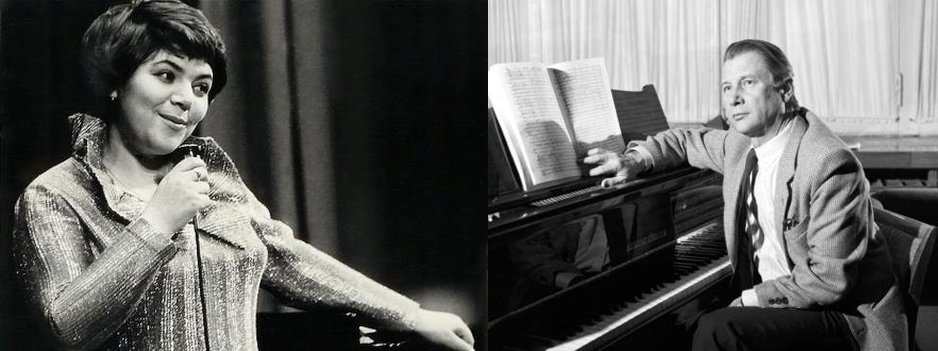
Original, sung by Maya Kristalinskaya (1932-1985): from the 1961 social drama movie, Dima Gorin’s Career
Jazz Versions:
2013, from the Big Jazz Reality Show, Kultura TV: Russian jazz guitarists Ilya Zyrianov, Sergei Chashkin, and Maxim Shibin + New Orleans Jazz Orchestra
2014, Valery Syutkin Light Jazz Band featuring Soviet jazz veteran Alexey Kuznetsov on guitar
2015 music video by Proletarian Tango Ensemble, arranged by St. Petersburg-based jazz saxophonist Sergei Bogdanov
2021, Alex Nosov Band, St. Petersburg
2. Dark Night / Dark Is The Night (Тёмная ночь)
by Nikita Bogoslovsky, lyrics by Vladimir Agatov
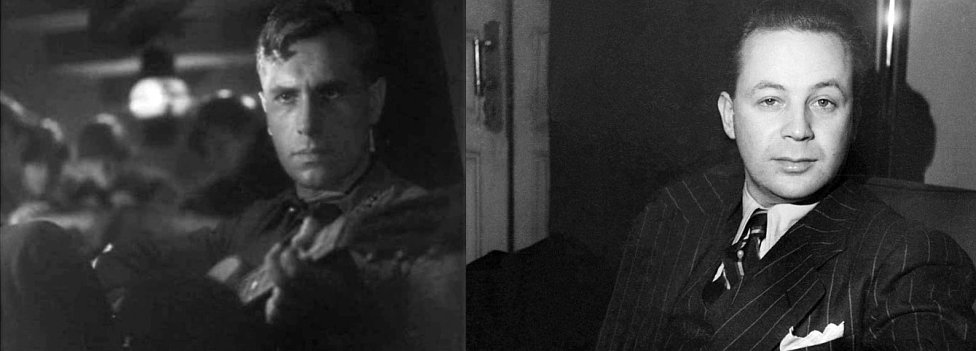
Original, sung by actor Mark Bernes, from the 1943 war drama movie, Two Soldiers:
Jazz Versions:
Oleg Lundstrem Orchestra, 1993 (bad video quality but great performance)
Alexey Kruglov & Krugly Band, 2021, from their WWII songs-themed album, Fellow Soldiers (ArtBeat Music, 2021)
3. Tired Toys Are Sleeping (Спят усталые игрушки)
by Arkady Ostrovsky. lyrics by Zoya Petrova
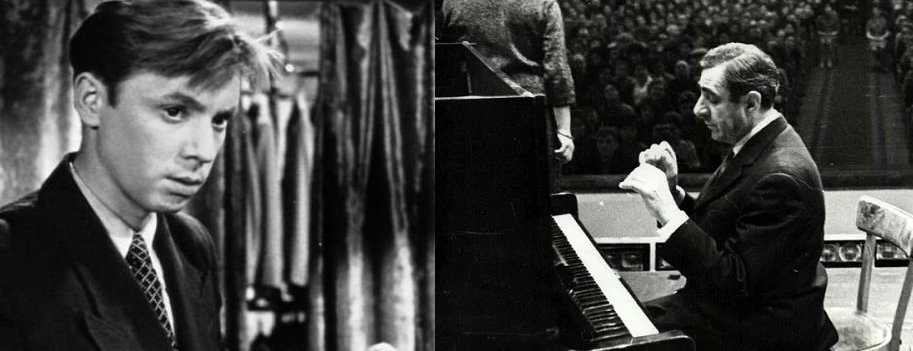
It was written and composed in 1964, originally as the theme song for the children TV show, Good Night, Little Ones (Спокойной ночи, малыши,) which was aired every evening, seven nights a week, at 8:45 PM by the 1st channel of the Soviet Central Television. The show still exists (although on a different channel,) and the theme song is still being aired nightly! The composer, Arkady Ostrovsky, wrote many popular songs after honing his craft for nearly two decades as jazz and pop arranger in the Russian Federation State Jazz Orchestra (renamed the State Variety Orchestra in 1947) led by singer Leonid Utiosov. The most popular version, quite jazzy in itself, was recorded in 1971 by singer Oleg Anofriev, backed by Melodiya Ensemble (piano: Boris Frumkin.) In the video that combines the original TV show intro sequence and the song that wrapped up the show, the song itself starts at 0:30.
Jazz Versions:
2011, Dmitry Gurovich (theremin and bass) and Alexei Chizhik (vibes)
2012, Ivan Farmakovsky (piano), Ralph Bowen (sax), Kenny Davis (bass), Donald Edwards (drums)
2016, LRK Trio:
2018, Gnessins Russian Academy of Music professors’ band led by pianist Valeri Grokhovski (the head of the Academy’s jazz program)
Episode 2 of this series is scheduled for May 22, 2021.

